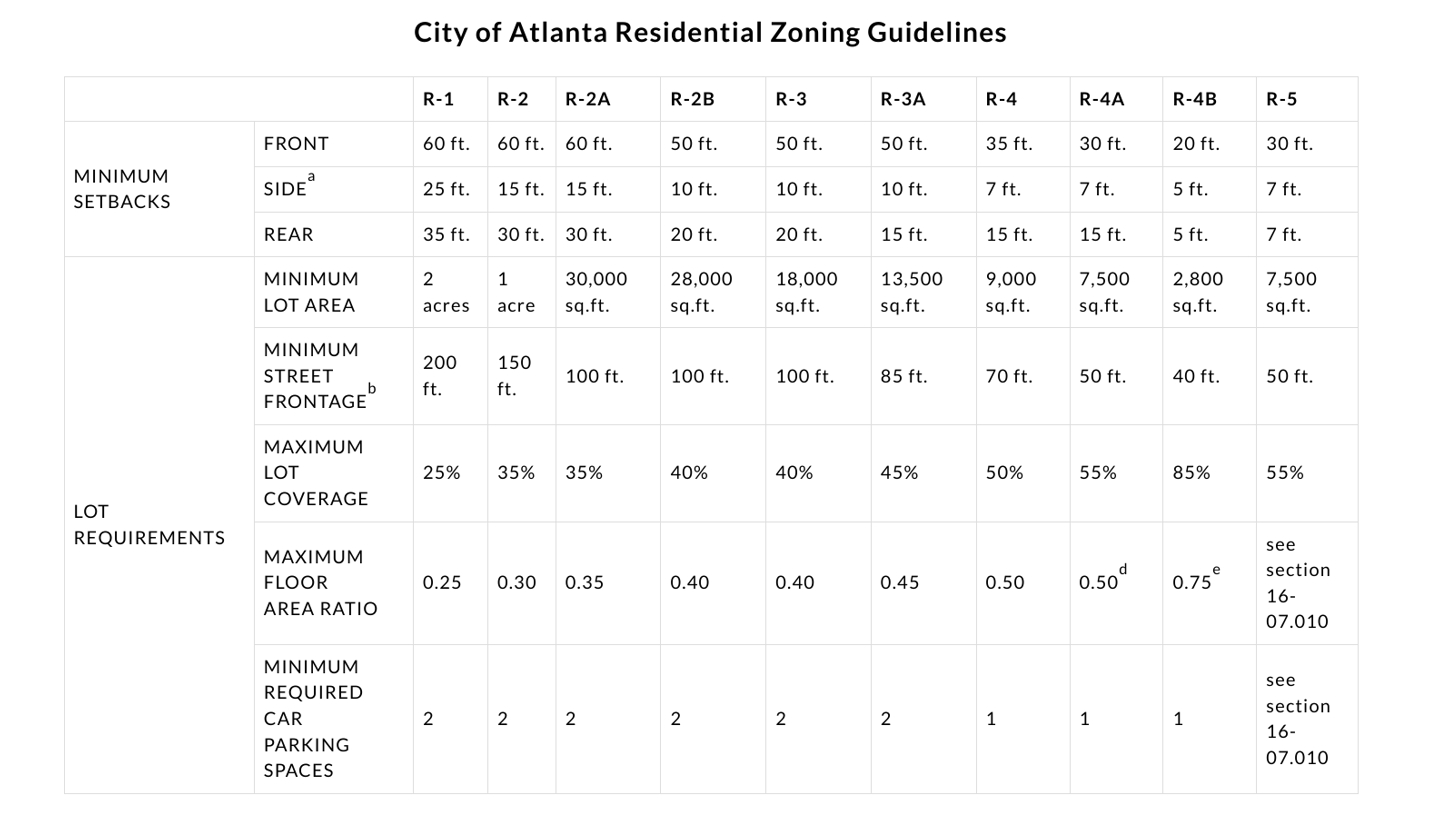Frequently asked questions
What is a Permit Expediter?
A Permit Expediter is a trained professional that advises clients throughout the permitting process to make sure the construction project is on schedule and within budget. They work closely with city and county departments like building, and, planning and zoning to ensure that you receive your Certificate of Issuance in a timely fashion.
How does your product/service work?
We offer two tiers of services that we can provide. Please visit our pricing/fees page for more information. Our process is simple and effective for you. Once we have a signed contract and the invoice is paid, we get to work right away. All we ask is that you have your plans and drawings for submission.
How much does it cost?
Our pricing varies depending on the type of permit, where the project is located, and what tier you decide on. We offer a variety of options to fit your needs and budget. Please visit our pricing/fees page for more information.
Do you offer architectural/engineering services?
Unfortunately, we don't currently offer architectural or engineering drawings. However, we can recommend some companies that do, which might be helpful.
How can I contact you?
You can reach us by writing us directly at office@insightpermitconsulting.com. We are always happy to answer your questions.
What is the usual timeline for permit issuance?
We understand that the permitting process is a part of your timeline that aids in getting the project done in a timely fashion. However, many factors can alter whether you receive it sooner than later (including plans and review comments). Check out our realistic timelines for specific permit submissions below:
Building permit: 60 - 120 days (potential of getting it sooner based on plans)
Express permit: 14 - 30 days (these types of permits are only for specific scopes of work)
SAP submission: 45 - 60 days (this is due to a preset hearing date based on timing of submission)
Variance: 6 months - 1 year (depends on the scope of work, zoning of the lot, meetings and hearings required, etc.; there are some cases where a variance can be given prior to 6 months.)
Historic Preservation: 45 - 60 days (this is due to a preset hearing date based on the timing of submission)
Additional Knowledge
The ten residential zoning districts in the City of Atlanta are designated as R-1 through R-5. Along with the setbacks and lot restrictions, each district is shown in the table below. When building a new house, renovating an existing one, adding a pool or other secondary structure, or shopping for a new property, this knowledge might be useful.
DEFINITIONS
Setback: Distance from the property line to the nearest part of the applicable building, structure, or sign, measured perpendicularly to the property line.
Frontage: Length of the shortest property line that adjoins a public street. Also known as the width of the lot.
Floor area ratio (FAR): A number which, when multiplied by the gross square footage of a lot, results in the total amount of heated or air-conditioned square footage or “livable area” which may be built on a lot, excluding finished or unfinished basement space, attic space, and accessory structures, including garages.
Lot coverage: Total area of the lot that is covered by the footprints of main and accessory structures including houses, guest houses, garages, and swimming pools, as well as all pervious or impervious driveways, turnarounds, walkways, patios, decks, tennis courts, and parking spaces.
FOOTNOTES
For corner lots, the required yard along the secondary (side) street must be half the depth indicated above for the front yard.
Plus 10% if corner lot.
Except for zero-lot-line development.
Unless the lot is less than the minimum lot area of 7,500 sq. ft. See ordinance Section 16-06A.008.
Unless the lot is less than the minimum lot area of 2,800 sq. ft. See ordinance Section 16-06B.008.


